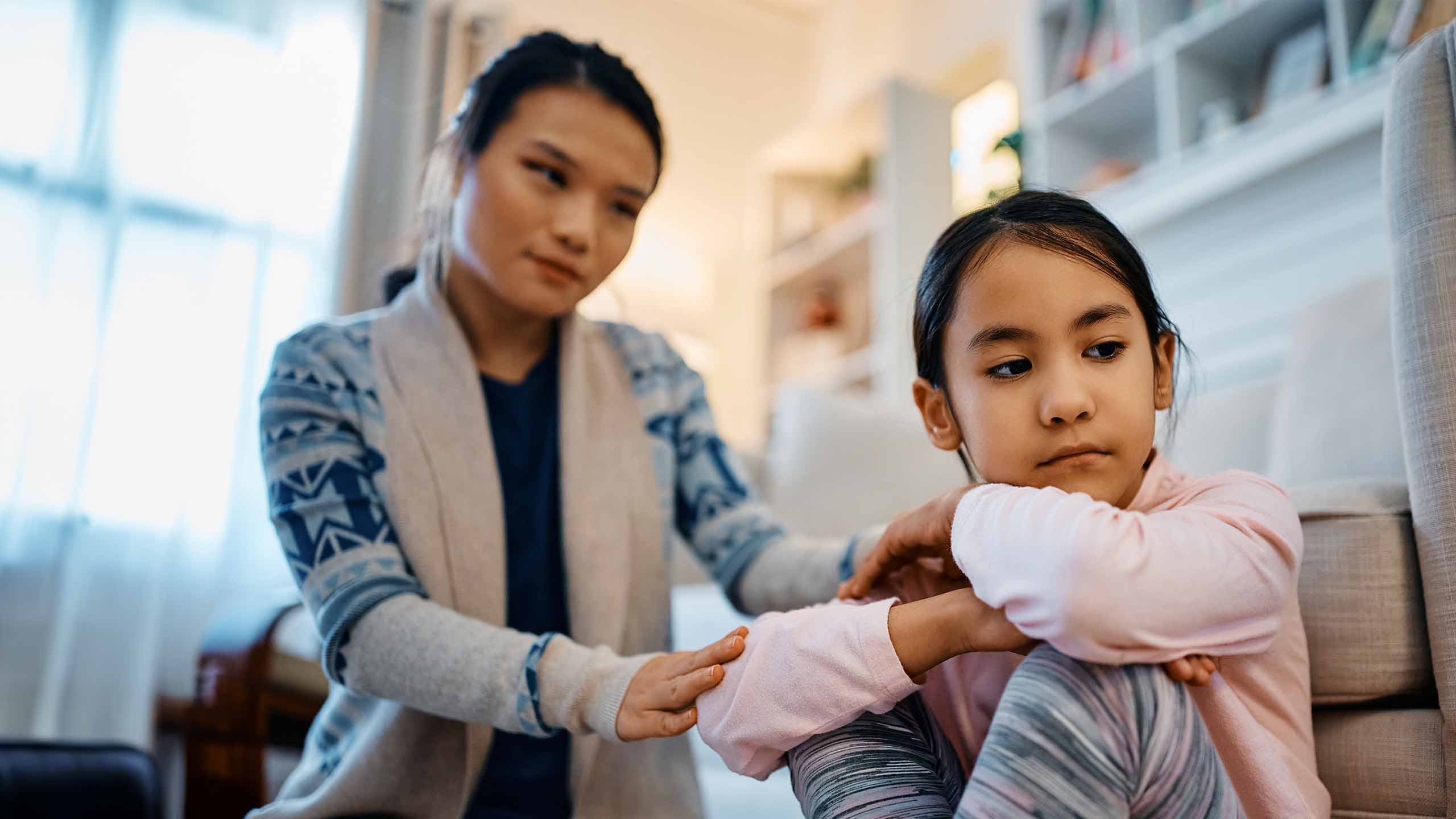Parents Need To Up Their Game In Fact-Checking
Meta announces they will end fact-checking on Facebook, Threads, and Instagram. Parents will have to work hard to know facts and fake news reports
Checking credible information online is about to get tough, with Meta founder Mark Zuckerberg announcing on Tuesday that the company will end its fact-checking program in the U.S. Although it has yet to roll out, it has already created concerns worldwide.
Rappler founder and Nobel Peace Prize winner Maria Ressa has warned of the danger after the announcement. This also means parents will exert extra effort on the information their children consume online.

The tough job for parents ahead
Technology is now part of everyone’s life, and monitoring the information children consume online will have an impact. Parents will have to up their game by checking what they watch or listen to. Although it’s easier said than done to take them off gadgets, it’s important that the kids also have the necessary technology literacy to keep up with the changing times.
Kara Alaimo, an associate professor from Fairleigh Dickinson University and author of Over the Influence: Why Social Media Is Toxic for Women and Girls — And How We Can Take It Back, shared with CNN some tips on what parents can teach their kids about verifying information and spotting disinformation. Here are some of the tips.
Confirm with mainstream media, not influencers
Alaimo wrote that mainstream media is the best place to start. Citing Dr. Jingsi Christina Wu, associate professor of media studies at Hofstra University, kids must “consume more news, not less.” the more they consume, kids gain the cognitive ability to interpret.
Kids must be aware of those who made the content if it’s trustworthy, and why it was made. Wu, Alaimo, said that while it’s okay for kids to watch their favorite influencers, they should know that these influencers have their own biases about the world.
“Virality does not equal truth,” Wu said.
Check for errors, emotional content, and algorithm
Mistakes are common and this might be a sign according to Wu, James Steyer, founder and CEO of Common Sense Media, said that content provoking emotions is something parents and their kids should watch out for.
“Misinformation and disinformation are created to get extreme reactions out of people,” Steyer said.
For Alaimo, she suggests parents share interesting topics that kids will like. In return, the algorithm will up these topics for them.

The importance of open communication
Parents must talk to their kids and not shut them off. There will be mistakes, Alaimo said.
She wrote a suggestion from Wu, wherein parents should research with their kids about the information they read or heard. “This approach keeps the dialogue open and also alleviates … the stress of being all-knowing at all times,” Wu explained.
“It also demonstrates to the kids that learning never stops and media literacy is a muscle that needs to be exercised.”
Teach your kids to fact-check
Aside from the three mentioned by Alaimo in the CNN article, it’s important to teach children fact-checking. Various media organizations have launched fact-checking programs and this is a good start. Parents can even join to increase their knowledge.
Meta’s announcement will be a challenge for parents. But if they work with their children and credible organizations to fight disinformation, it’s already a sign that they are doing what they believe is right. After all, information is good for everyone if they are credible and accurate.
More on online protection and safety
Australia Passes Social Media Ban Law For Kids Under 16
Hey Kids! Social Media Is A Big Responsibility
3 Important Laws Parents Should Know Protecting Their Kids On and Offline









